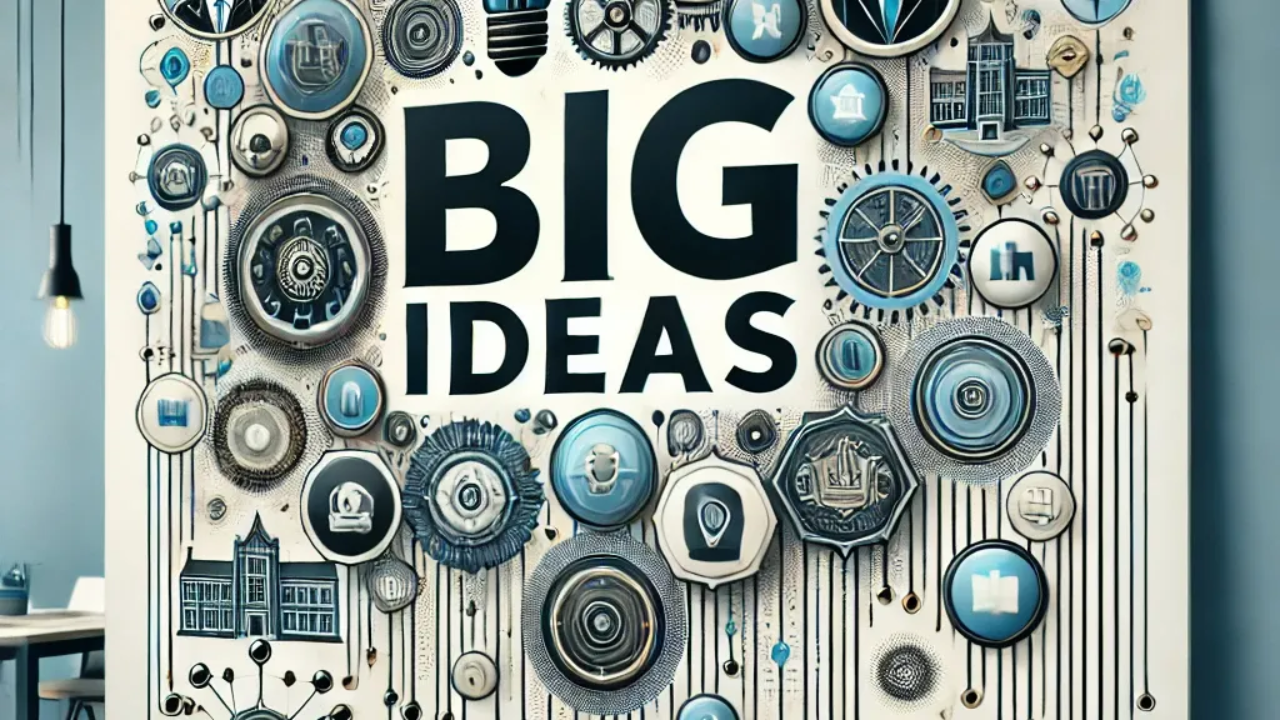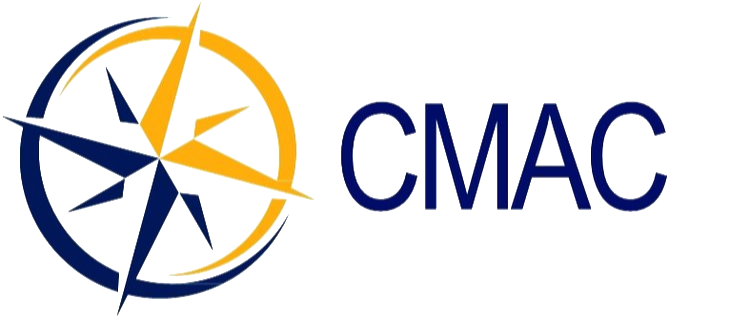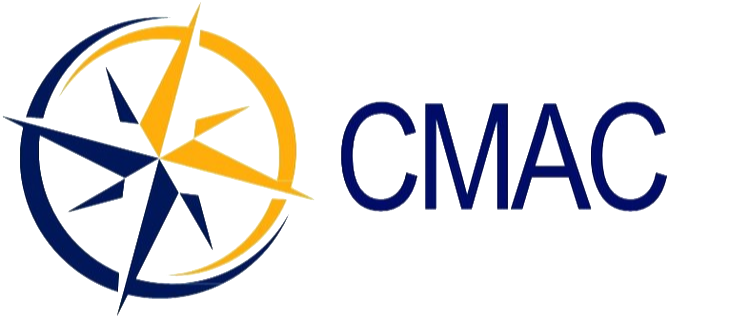
CMAC Sunday Ideas Series: Building Advancement from the Inside Out
A Conversation with Jeff Williams, Assistant Vice President for People and Engagement, University of Maryland
In a recent episode of Alumless, Ryan and Chris sat down with Jeff Williams, Assistant Vice President for People and Engagement at the University of Maryland, to explore a transformational idea: what if the health of your internal team was as important as your external alumni engagement strategy?
With a unique portfolio that spans alumni relations, volunteer engagement, HR, and talent management, Jeff is redefining what it means to build a culture of advancement, starting from within.
“Advancement is a business built on relationships," Jeff said. "If we want transformational philanthropy, we have to take care of the people driving it.”
Why Center People and Culture in Advancement?
At Maryland, Jeff leads with a simple but powerful belief: a healthy, engaged team produces better philanthropic outcomes. His division has invested deeply in its internal culture, focusing on clarity, trust, communication, and shared purpose.
Early in his tenure, Jeff launched a divisional vision, mission, and values process that involved over 150 staff members, ensuring that every person could see themselves in the future of the organization.
“You need a North Star,” Jeff explained. “When people are aligned around who we are, why we do the work, and how we do it, everything else starts to fall into place.”
How Do You Build Psychological Safety and Trust?
Psychological safety—the idea that employees feel secure in asking questions, sharing ideas, and even failing without fear of judgment—has been a significant focus for Jeff’s team. After surveying staff and identifying areas for improvement, Maryland developed intentional strategies to create a more supportive environment.
They also introduced Terrapin Strong, an onboarding and engagement program rooted in the university’s core values of inclusion, belonging, and equity, which is now used not only for new staff but also for volunteers.
“Trust is the foundation of everything,” Jeff said. “If you don’t have trust, you’re not going to have the kind of team that builds long-term relationships with donors, alumni, and volunteers.”
What Practical Tools Are Helping Build Team Strength?
To strengthen communication and collaboration across teams, Maryland introduced the Six Working Geniuses framework —a productivity tool that helps individuals understand their work styles, including what energizes them and what frustrates them—and enables teams to better manage projects and interpersonal dynamics.
Jeff described the impact as immediate:
“It gave us a common language. Now, when someone says, ‘I’m stuck in wonder,’ everyone knows what that means—and we know how to move forward together.”
This shared framework has helped Maryland’s teams navigate major projects, including the public launch of an upcoming campaign, more efficiently and with greater understanding.
How Does Culture Connect to Philanthropic Results?
According to Jeff, there's a direct link between team health and fundraising success.
“If we’re not investing in our people, we're undercutting our ability to build the long-term relationships that lead to transformational gifts,” he said.
By prioritizing staff development, clear communication, and meaningful workplace engagement, Maryland is not just improving internal culture—it’s setting the stage for stronger, deeper alumni and donor relationships that fuel philanthropic growth.
What Lessons Can Advancement Leaders Learn?
Jeff offered a blueprint for advancement leaders looking to strengthen their teams:
- Start with listening. Understand what your team needs to thrive.
- Define your North Star. Be clear about your vision, mission, and values—and live them daily.
- Invest in intentional structures. Tools such as hybrid work policies, onboarding programs, and productivity frameworks make culture more tangible.
- Align internal and external engagement. Treat staff engagement with the same care as alumni or donor engagement.
“We talk all the time about cultivating donors over the years," Jeff said. "We need to be just as thoughtful about cultivating our people.”
Final Thoughts
Jeff Williams is showing that people-first leadership isn’t just a nice idea—it’s a strategic imperative for modern advancement organizations. By investing in culture, clarity, and connection, Maryland is building a more resilient, innovative, and successful advancement team.
🎧 Catch the full conversation on Alumless to hear how Jeff is helping lead the University of Maryland toward a future where people and philanthropy grow together.


